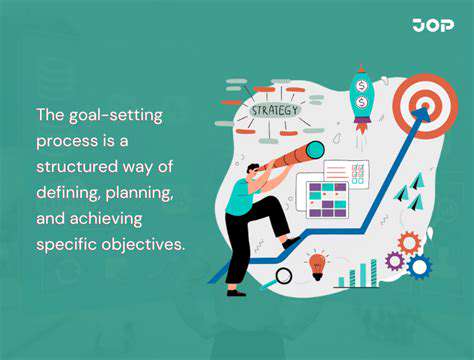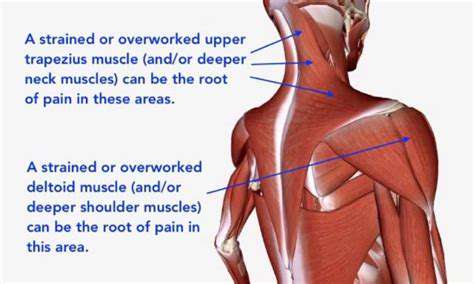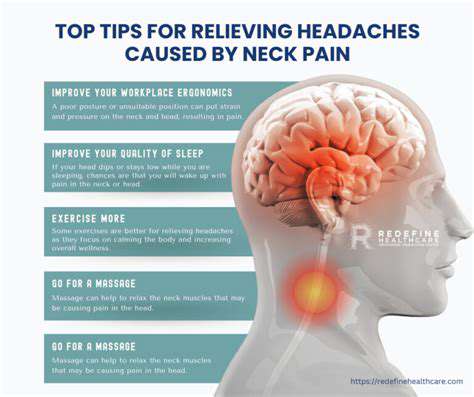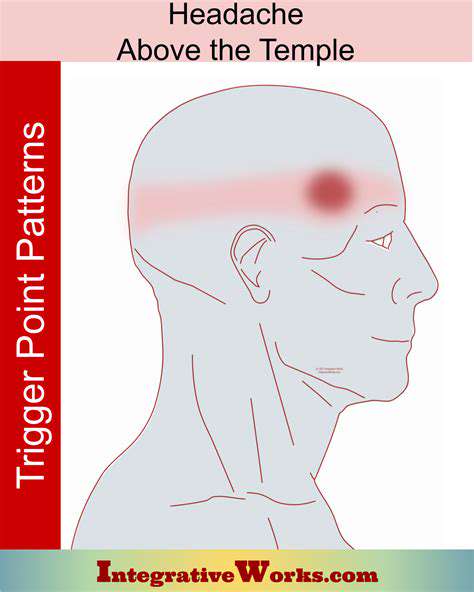Exploring the Ketogenic Diet for Migraine Prevention
Implementing the Ketogenic Diet for Migraine Management
Understanding the Ketogenic Diet
The ketogenic diet, or keto diet, is a high-fat, moderate-protein, and very-low-carbohydrate eating plan. It works by forcing your body into a metabolic state called ketosis, where it burns fat instead of glucose (sugar) for energy. This shift in fuel source can sometimes have a positive impact on various health conditions, including migraines. It's crucial to understand that this diet involves significant dietary changes, and it's essential to consult with a healthcare professional or registered dietitian before starting any new diet, particularly if you have underlying health concerns.
The primary goal of the keto diet is to drastically reduce carbohydrate intake, forcing the body to use stored fat for energy. This process produces ketones, which are alternative fuel sources for the brain. While the ketogenic diet has shown promise in managing certain neurological conditions, its effectiveness in migraine management is still an area of active research and discussion within the medical community.
Dietary Adjustments for Keto
Transitioning to a ketogenic diet involves significant changes to your daily food intake. You'll need to drastically reduce your carbohydrate consumption, focusing on foods like meat, fish, eggs, healthy fats, and non-starchy vegetables. This often means eliminating or greatly reducing grains, starchy vegetables, fruits, and most sugary foods. Careful portion control of allowed foods is also essential to maintain the ketogenic state.
A keto diet plan necessitates a significant shift in your shopping habits and cooking methods. You'll need to become familiar with low-carb options and learn how to prepare healthy keto-friendly meals. This can take time and effort, but the potential benefits for migraine management might be worth the adjustment.
Potential Benefits for Migraine Management
Some studies suggest a potential link between the ketogenic diet and reduced migraine frequency and intensity. The keto diet's impact on inflammation and the brain's energy production may be contributing factors. However, more rigorous research is needed to definitively establish the keto diet's effectiveness in migraine management.
Potential Drawbacks and Considerations
While the keto diet might show promise for some migraine sufferers, it's essential to acknowledge potential drawbacks. The diet can be challenging to maintain long-term due to the strict dietary restrictions. It may also lead to nutrient deficiencies if not carefully planned and monitored. Further, some individuals may experience side effects like constipation, fatigue, or bad breath during the initial transition.
It's crucial to remember that individual responses to the ketogenic diet can vary significantly. What works for one person might not work for another. Consult with a healthcare professional to determine if the ketogenic diet is a suitable option for you and to monitor for any potential complications.
Importance of Professional Guidance
Before embarking on any significant dietary change, including the ketogenic diet, it's crucial to consult with a healthcare professional or registered dietitian. They can assess your individual health needs and risk factors, and recommend a personalized approach to the keto diet if deemed appropriate. They can also help you create a balanced meal plan that provides the necessary nutrients while adhering to the keto guidelines. This personalized approach is essential to ensure the diet's safety and effectiveness.
Long-Term Sustainability and Lifestyle Changes
Long-term adherence to the ketogenic diet requires significant lifestyle adjustments and dedication. It's not just about following a meal plan; it's about adopting a new way of thinking about food and nutrition. Maintaining ketosis can be challenging, and ongoing support from a healthcare professional or registered dietitian can be invaluable.
Ultimately, the ketogenic diet's success in migraine management depends on individual factors and commitment. It's essential to understand the long-term implications and be prepared for potential challenges.
Monitoring and Adjusting Your Keto Approach

Initial Monitoring for Optimal Results
A crucial aspect of the ketogenic diet is consistent monitoring of your body's response. This involves tracking your ketone levels, weight, and overall health. Regular ketone testing can provide valuable insights into your body's metabolic state and help you fine-tune your diet. Monitoring your weight is also important, as rapid fluctuations can indicate a need for adjustment in macronutrient intake or overall calorie consumption.
Pay close attention to how you feel. Are you experiencing fatigue, headaches, or digestive issues? These symptoms can be early indicators that you need to adjust your diet or supplement intake. Documenting these feelings in a food journal alongside your ketone readings is essential for identifying patterns and making informed decisions about your diet.
Adjusting Your Macronutrient Intake
The ketogenic diet focuses on a high-fat, moderate-protein, and very-low-carbohydrate ratio. Adjusting your macronutrient intake is essential for achieving and maintaining ketosis. This may involve experimenting with different fat sources, like avocados, nuts, and fatty fish. Tracking your daily intake of carbohydrates, protein, and fat will allow you to refine your diet to your specific needs.
Monitoring your ketone levels is paramount in this process. If your levels are consistently low, it might mean you need to reduce carbohydrate intake further. Conversely, if your levels are too high, you might need to increase your carbohydrate intake slightly. These adjustments should be gradual and guided by your body's response. Listening to your body's signals is crucial throughout this process.
Long-Term Adjustments and Sustainability
Maintaining a ketogenic lifestyle requires long-term adjustments and a focus on sustainability. One crucial aspect is incorporating regular exercise into your routine. Exercise can help you maintain a healthy weight and potentially improve your body's ability to use fat for energy. Consistency is key, and making gradual changes rather than drastic ones will increase the likelihood of success.
Regularly evaluating your progress and making necessary adjustments is crucial. Keeping a detailed food journal, monitoring ketone levels, and paying attention to your body's signals are all part of this process. Consider consulting a healthcare professional for ongoing support and guidance. This will ensure you're making adjustments in a safe and effective manner.










